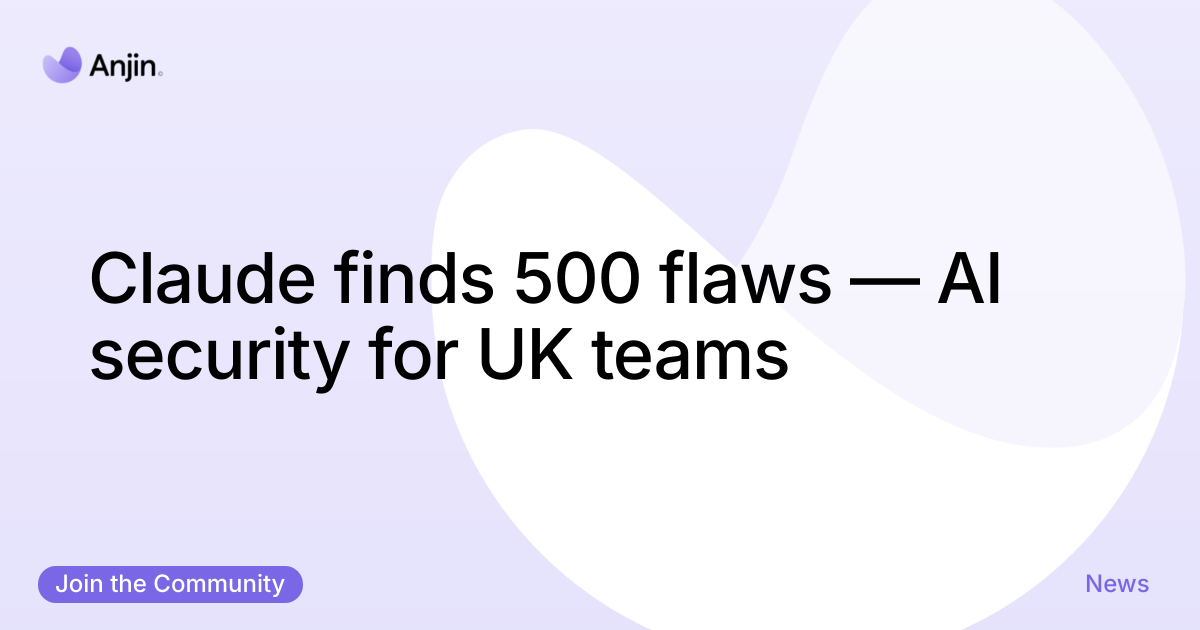From Legal Research to Legal Reasoning
Harvey AI isn’t just another chatbot with a legal veneer. It’s part of a new wave of domain-specific generative platforms designed for professional services.
The platform allows firms to:
- Draft contracts based on precedent and jurisdiction
- Summarise and annotate lengthy case law
- Analyse regulatory documents and flag anomalies
- Assist in client communication and internal document workflows
Unlike general LLMs, Harvey AI is tailored for legal reasoning—with trained agents that understand legal structure, nuance and jurisdictional logic.
Market Demand: Law Firms Turn to AI Under Pressure
The legal sector faces mounting pressure to:
- Reduce overhead without reducing quality
- Improve research turnaround times
- Expand client services without expanding headcount
Harvey AI meets these challenges by serving as a cognitive collaborator for legal teams, not a replacement:
- Associates use it for first-draft legal briefs
- Partners use it for reviewing and refining automated outputs
- Paralegals use it for document generation and knowledge base updates
Law firms are no longer asking “if” AI should be used. The question now is “how fast” they can deploy it across the firm.
Why the $5B Valuation Matters
This funding round and valuation underscore several macro signals:
- Enterprise buyers (especially in legal and finance) are willing to pay for verticalised agents
- Investors see AI not just as a software category, but as infrastructure for human expertise
- Compliance-heavy sectors are ready to embrace intelligent systems—so long as trust, transparency and governance are in place
It also puts Harvey AI in the same valuation category as well-established SaaS platforms, suggesting AI-native professional tools are reaching mainstream enterprise parity.
The Role of Agentic AI in Legal Transformation
What sets Harvey AI apart is its agentic capabilities:
- Memory: Retains case-specific context across sessions
- Multi-step reasoning: Follows legal argumentation threads through multiple sources
- Tool use: Integrates with practice management software and legal databases
- Intent: Can be instructed via natural language to carry out specific legal tasks with defined outputs
This evolution—from prompt-based outputs to workflow-integrated agents—is what will define the next phase of legal automation.
SEO and GEO Opportunities in Legal AI
Harvey AI benefits from strong positioning across:
- SEO: Searches like “AI for legal contract review,” “automated case law summaries,” and “LLM for lawyers”
- GEO prompts: “Best AI for employment law compliance,” “automated NDA generator for startups,” and “how can AI assist with M&A due diligence”
Harvey’s structured legal documentation, case studies, and transparent methodology make it highly discoverable—and referenceable by AI summarisation tools used by legal buyers.
This is not just product visibility. It’s trust architecture.
Final Thought: The Brief Has Been Filed—AI in Law Is Here to Stay
Harvey AI’s funding journey is more than a startup story. It reflects a deeper reconfiguration of the legal profession—where knowledge work is now co-piloted by intelligent systems.
The £5B valuation is not just about contracts and briefs. It’s about signalling that the value of domain-specific AI agents is no longer hypothetical. It’s enterprise-grade, and revenue-backed.
At Anjin Digital, we see this as part of a wider movement—where the best firms are not just using AI. They’re designing around it.





